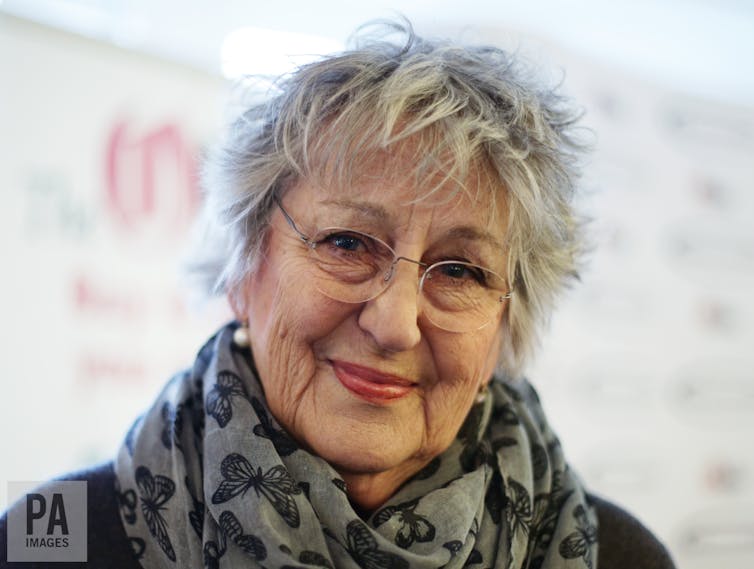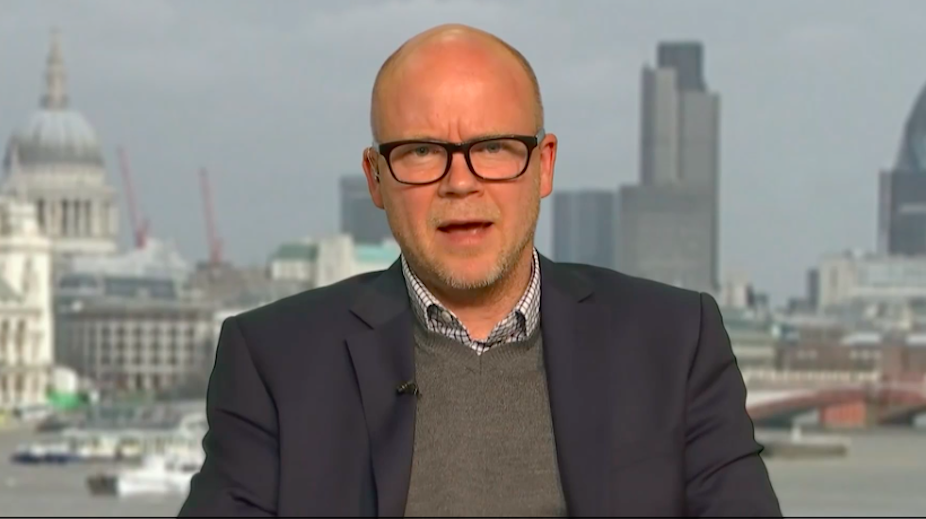It’s been quite the week for the UK journalist turned champion of free schools, Toby Young, whose appointment to the new universities regulatory board – The Office for Students (OfS) – has sparked outrage.
Critics have claimed Young is unqualified – he admittedly hasn’t worked at a university since he abandoned his PhD at Cambridge in 1990. It has also been widely reported that he has shown anti-diversity bigotry – using his column in The Spectator to attack working class students and disability access. A petition to sack Young, which was started after the announcement of his position on the board, already has over 100,000 signatures.
Overnight, Young has deleted around 50,000 old tweets, many of which have been deemed to be sexist and inappropriate. He also posted a 40 tweet thread explaining the controversy surrounding his role on the board. In the thread, Young explains why he is the right man for the job and says he regrets the “politically incorrect” remarks he made in the past. He says he should be judged not on these, but on his actions promoting social mobility in education.
The Department for Education has defended the appointment, as has Boris Johnson – whose brother Jo Johnson is the higher education minister. Boris has spoken out in support of Young saying he is the “ideal man” for the watchdog role.
Although Young has no major experience in running universities, he is popular among Conservatives because of some of his right-wing and free-market causes. And given that in the future, higher education will be regulated more like other industries – such as communications and energy – it’s not hard to see why he was given the role in the first place.
What’s in the role?
The OfS was created by the Higher Education and Research Act, charged with promoting choice and acting in the interests of students, employers and taxpayers. The launch of the OfS means a move to what is known as “risk based regulation”, which is already used for other industries, such as water. This is where regulation is more selective, focusing on newer providers while reducing the burden on universities with established track records.
The OfS will run the Teaching Excellence Framework – a new university ranking system which came into play last year – which measures teaching quality and graduate outcomes at higher education institutions. And it will also have powers to fine or suspend institutions that fail to protect freedom of speech on campus. Universities and other higher education providers are required by law – under the Education Act – to take reasonable steps to secure freedom of speech for staff, students and visiting speakers.

In a recent speech, universities minister Jo Johnson, said universities that fail to defend free speech or allow controversial guest speakers could face fines. The government is consulting on what the penalties should be.
The OfS will also take over from the Office for Fair Access – which was previously responsible for promoting and safeguarding fair access to higher education. In its new role, the OfS will monitor access to higher education – but this is no longer just about getting more disadvantaged students into universities. It is also about ensuring they complete their studies and move into jobs.
Negative publicity
For Toby Young, then, his involvement in the OfS – as one of the 15 board members – will involve overseeing all these areas. And given his lack of expertise in higher education, his position may well seem an unusual one in many ways.
But not so for the UK government, which often likes to draw from people outside the higher education community to inform policy development. An example being Lord Brown, the former chief executive of BP, who was commissioned to conduct an independent review on the future of fees policy and financial support for undergraduate and postgraduate students.
Many university councils and governing bodies also include members from business and industry. The OfS board, for example, includes Elizabeth Fagan, the managing director of Boots, as well as Katya Hall, formerly of HSBC, and Simon Levine CEO of DLA Piper.
So just a whole lot of fuss about nothing, then? Not quite. The main problem now for the UK government, is that this is a massive distraction that overshadows the whole launch of the new regulator – whose work hasn’t yet even to begin. And given the amount of negative publicity Young’s appointment has generated, it may well undermine the OfS’s authority – with some claiming the new university regulator is already doomed from the outset.
Young himself said in his twitter thread that he hopes the reception his appointment has received “doesn’t put off other right-of-centre mavericks from applying for similar positions”. But whether this is a “right-of-centre maverick” that can help drive university regulation in a direction that is right for students, employers and taxpayers, only time will tell.

